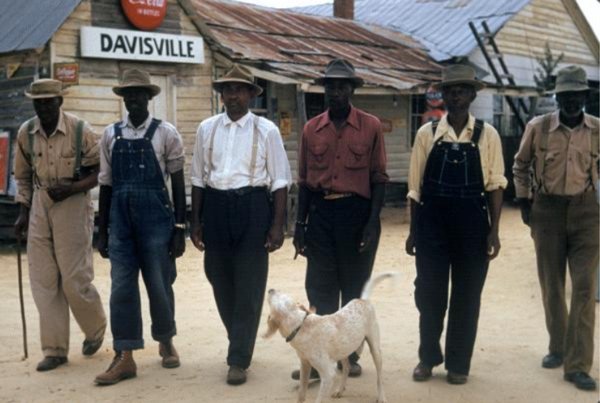
The Tuskegee Study of Untreated Syphilis in the African American Male is the longest nontherapeutic experiment on human beings in medical history, as noted by Arthur L. Caplan (1992). Begun in 1932 by the United States Public Health Service (USPHS), the study was purportedly designed to determine the natural course of untreated latent syphilis in some 400 African American men in Tuskegee, Macon County, Alabama. The research subjects, all of whom had syphilis when they were enrolled in the study-contrary to the “urban myth” that holds “black men in Alabama were injected with the virus that causes syphilis” (Walker, 1992)-were matched against 200 uninfected subjects who served as a control group
To read the full article, please click here.

